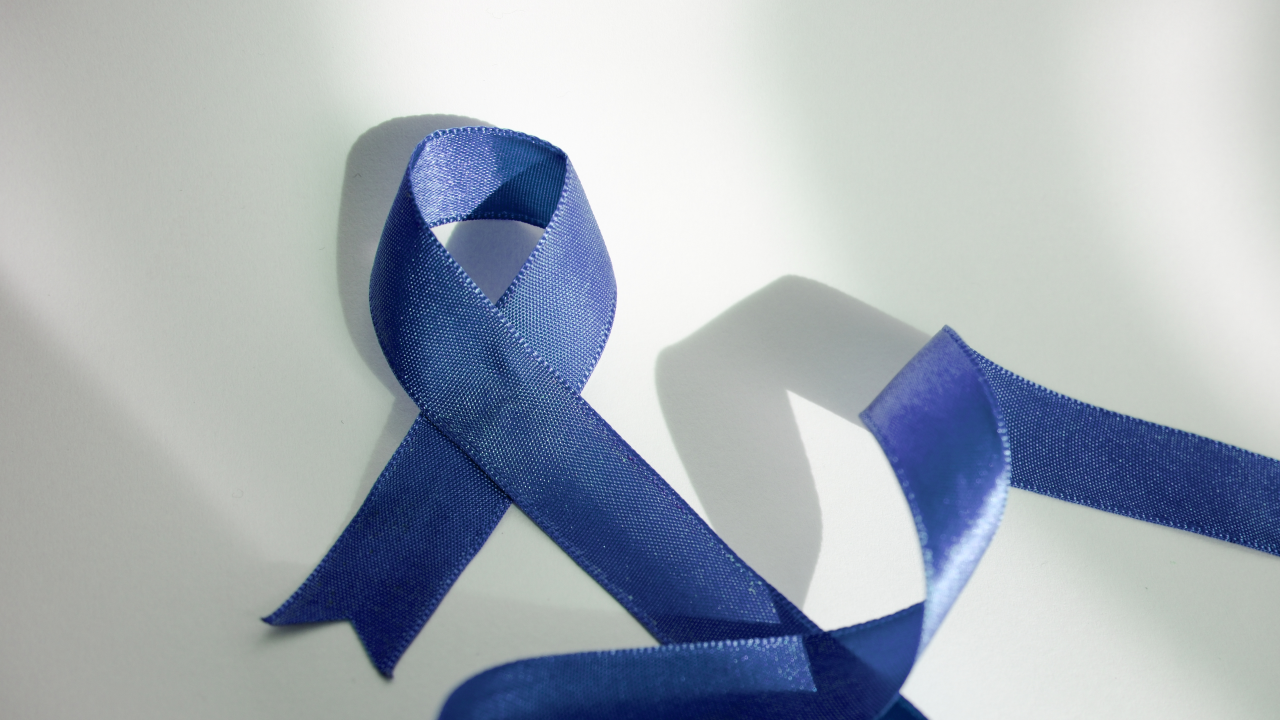Colon Cancer Is Rising in the Young: What You Need to Know
Aug 15, 2025
If you were born after 1990, your risk for colon cancer is up to four times higher than your parents’ generation. By 2030, colon cancer is projected to become the second leading cause of cancer death in people under 50. That’s alarming - but it’s also a wake-up call. The good news? There are steps you can take right now to protect yourself.
Why Is Risk Rising?
Researchers believe the sharp increase comes from a mix of lifestyle and environmental factors.
-
Dietary changes: More ultra-processed foods, red meat, and sugary drinks. Less fiber, whole grains, fruits, and vegetables.
-
Sedentary lifestyles: Long hours sitting at desks or screens slow down digestion and metabolism.
-
Gut microbiome shifts: Antibiotics, highly processed diets, and other environmental changes disrupt healthy gut bacteria that normally protect the colon.
-
Obesity and metabolic health: Rising rates of obesity, insulin resistance, and chronic inflammation are tied directly to higher cancer risk. Genetics still play a role, but for most people, everyday habits heavily influence risk.
Warning Signs to Watch For
Colon cancer in younger adults is often diagnosed late because symptoms get dismissed. See your doctor if you notice:
-
Blood in the stool
-
Changes in bowel habits (constipation, diarrhea, or narrower stools) that persist
-
Unexplained abdominal pain or bloating
-
Unexplained fatigue or iron-deficiency anemia
-
Unexplained weight loss
What You Can Do to Lower Your Risk
1. Know your family history. If a parent, sibling, or child has had colon cancer or advanced polyps, you may need to start screening before age 45.
2. Get screened. The American Cancer Society now recommends starting colonoscopy at age 45 for average-risk adults. If you have family history or symptoms, don’t wait — earlier testing could save your life.
3. Eat for your gut.
-
Fill your plate with fiber-rich foods: fruits, vegetables, legumes, and whole grains.
-
Aim for 25–30 grams of fiber per day.
-
Add fermented foods like yogurt, kefir, or sauerkraut to support gut bacteria.
4. Cut back on processed and red meats. Research consistently links processed meats (like hot dogs, bacon, deli meats) to colon cancer. Swap for fish, beans, or lean poultry.
5. Move your body daily. Exercise speeds up digestion and lowers insulin resistance. Even 30 minutes of walking most days can make a difference.
6. Limit alcohol and avoid smoking. Both increase colon cancer risk — and the effect is stronger when combined with other lifestyle factors.
7. Maintain a healthy weight. Visceral fat (belly fat) produces hormones and inflammatory chemicals that increase risk. Strength training + balanced nutrition can help.
Colon cancer is no longer just a disease of the older population. If you were born after 1990, your risk is significantly higher. But you’re not powerless. By knowing your family history, getting screened on time, and making gut-friendly lifestyle choices, you can take control of your risk. Early action and prevention can save lives.
